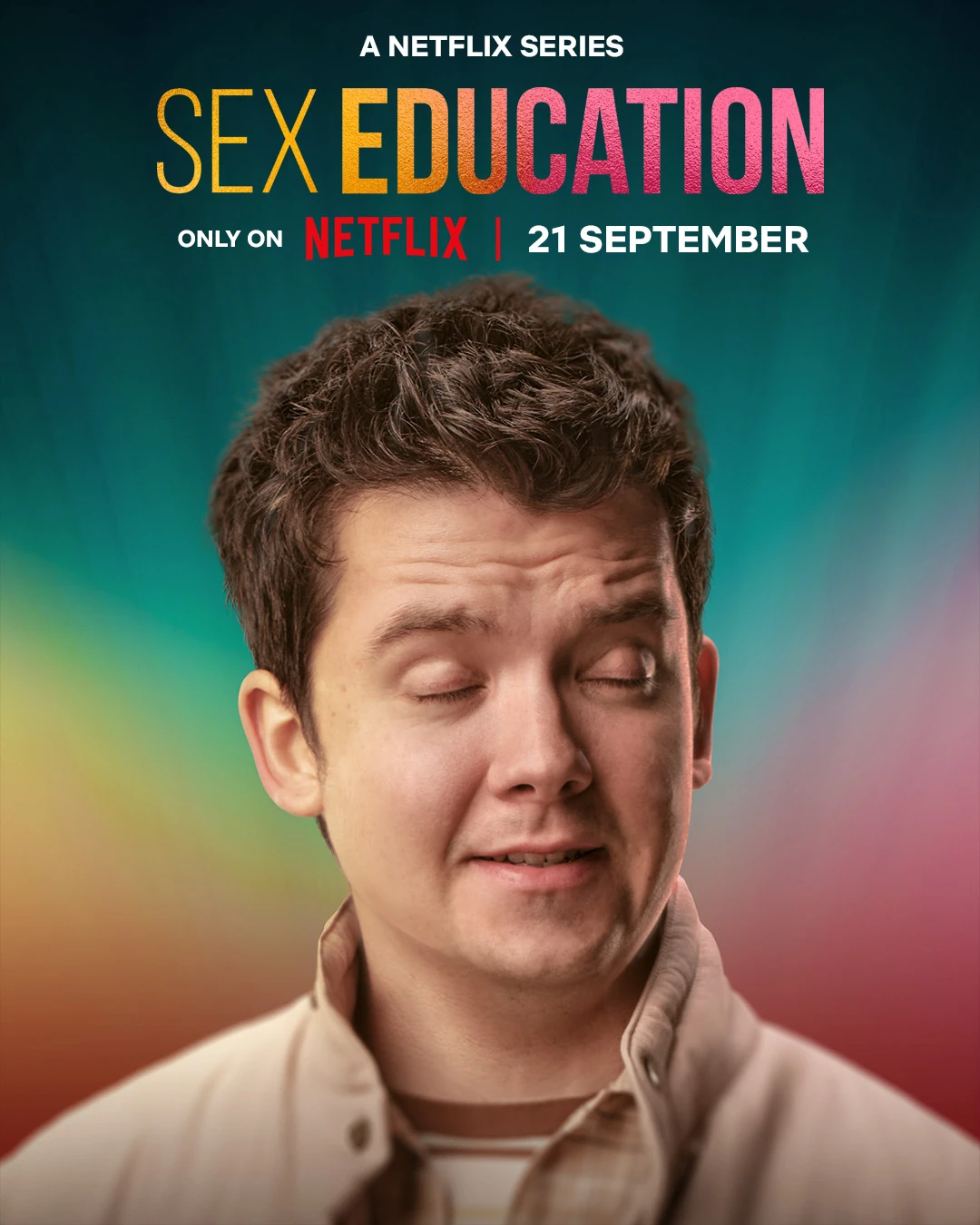Is Mandar Ponkshe's journey in Hunterrr a mere tale of hedonism or a deeper exploration of modern relationships? The film, featuring Radhika Apte, Sai Tamhankar, and Gulshan Devaiah, delves into the complexities of human connection in contemporary times. It portrays how societal norms and personal philosophies clash, leading to unexpected transformations. Bold statements such as Mandar’s belief that sex is purely physical while love is optional, challenge traditional views on intimacy.
Mandar Ponkshe, played by Gulshan Devaiah, represents an unconventional youth in his early 30s. Unlike his peers who have settled into family life, Mandar prioritizes one-night stands over meaningful relationships. His friends often chide him for this behavior, urging him to embrace marriage and stability. However, Mandar dismisses their advice, equating sexual gratification with basic physiological needs like eating or drinking water. This analogy forms the crux of his argument against conventional relationship expectations. As the narrative unfolds, it becomes clear that beneath his carefree exterior lies vulnerability waiting to be acknowledged.
| Bio Data | Details |
|---|---|
| Name | Gulshan Devaiah |
| Date of Birth | April 19, 1976 |
| Place of Birth | Bangalore, India |
| Education | National School of Drama (NSD) |
| Career | Actor, Producer |
| Notable Works | Hunterrr, Masaan, Badlapur |
| Awards | National Film Award, Filmfare Critics Award |
| Official Website | gulshandevaiah.com |
Throughout the movie, Mandar's interactions reveal layers of his personality beyond superficial charm. For instance, when confronted by Tripti, portrayed convincingly by Radhika Apte, Mandar experiences emotional turmoil unlike anything he has faced before. Their relationship tests his convictions about casual encounters versus committed partnerships. Tripti challenges Mandar to reconsider his stance on love being unnecessary for sex, pushing him towards self-discovery. This dynamic adds depth to what could otherwise remain a simplistic portrayal of promiscuity.
The climax sees Mandar preparing for marriage, marking a significant shift from his earlier lifestyle choices. By narrating his adventures and misadventures with Tripti to cousin Dilip, Mandar reflects on how far he has come emotionally. This transition underscores the theme of growth through experience, suggesting that even those entrenched in specific ideologies can evolve given appropriate circumstances. Thus, Hunterrr transcends its surface-level depiction of sexual liberation to explore broader themes related to maturity and commitment.
In addition to Mandar's storyline, the film also highlights cultural shifts regarding premarital relationships in urban India. While older generations might view Mandar's actions critically, younger audiences may find them relatable due to changing attitudes toward sexuality. Such nuanced representation allows Hunterrr to resonate across demographics, sparking conversations about evolving social norms.
Meanwhile, online platforms continue capitalizing on public interest surrounding films like Hunterrr. Websites offering unauthorized content under misleading titles such as 'Vegamovies Sex HD' exploit curiosity around adult themes depicted in mainstream cinema. These sites often host pirated material violating copyright laws while attracting unsuspecting viewers seeking legitimate entertainment options. Authentic channels like Shemaroo Movies () provide official releases ensuring quality viewing experiences without legal repercussions.
Despite controversies stirred by certain interpretations of its subject matter, Hunterrr remains relevant as a cinematic work exploring intricate facets of modern romance. Through compelling performances and thoughtful direction, it manages to balance entertainment value with substantive commentary on interpersonal dynamics. Ultimately, whether viewed as a celebration of individual freedom or critique of societal constraints, the film invites viewers to ponder questions central to human existence: What defines true connection? How do we reconcile personal desires with collective expectations?
By examining characters like Mandar Ponkshe, audiences gain insights into diverse perspectives shaping today's world. His evolution serves as a reminder that labels such as 'sex addict' or 'player' rarely capture full complexity of any individual. Instead, they represent starting points for journeys leading toward greater understanding—not just of others but ourselves too. Therefore, Hunterrr deserves recognition not merely as another Bollywood production but as thought-provoking piece contributing positively to discourse around identity and relationships.



